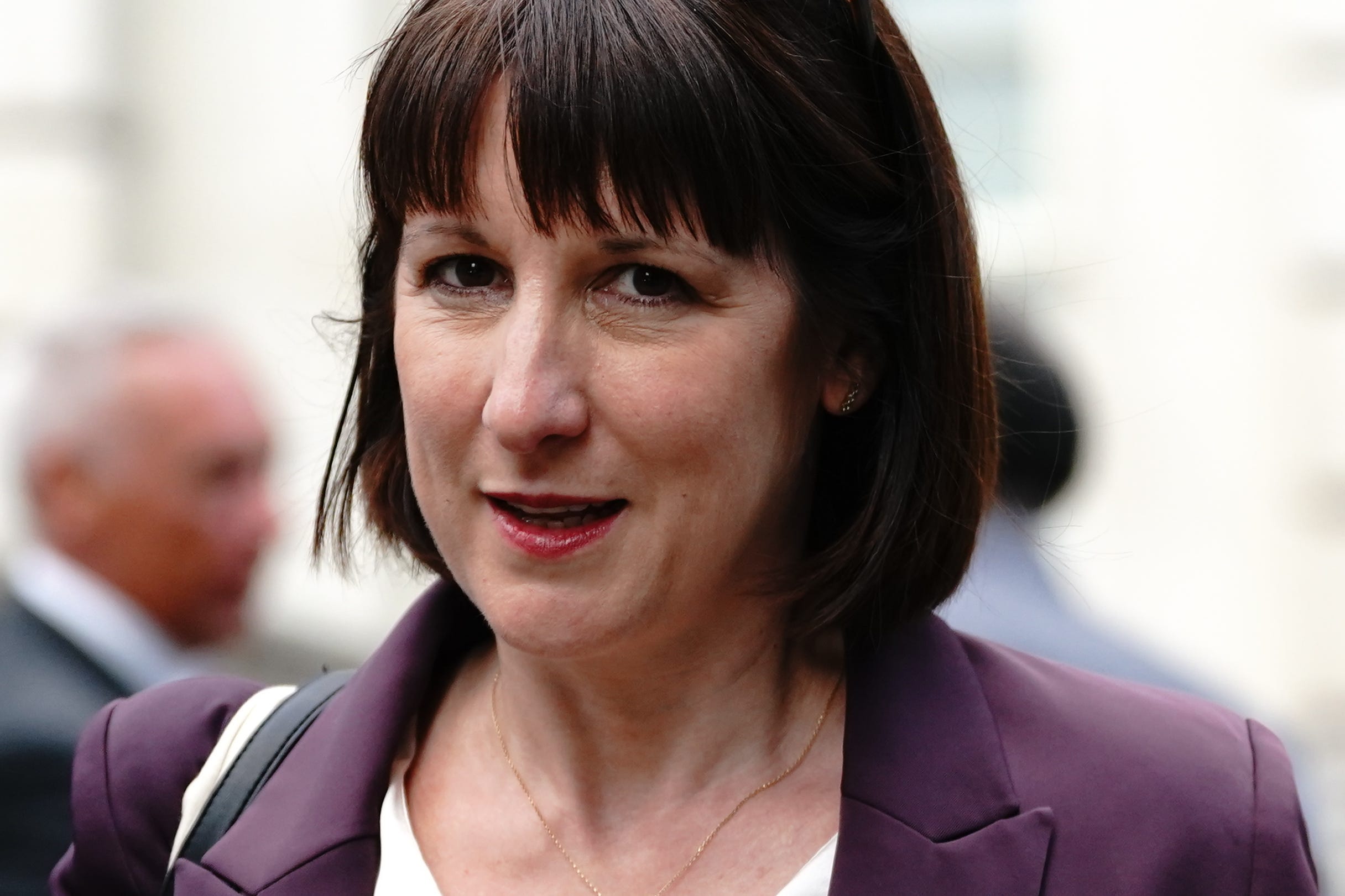Scrap ‘petty and arbitrary’ fiscal rules and invest, top economist who advised Labour urges
Jim O’Neill says OBR should be given new powers to emphasise economic benefits of public investment
Your support helps us to tell the story
From reproductive rights to climate change to Big Tech, The Independent is on the ground when the story is developing. Whether it's investigating the financials of Elon Musk's pro-Trump PAC or producing our latest documentary, 'The A Word', which shines a light on the American women fighting for reproductive rights, we know how important it is to parse out the facts from the messaging.
At such a critical moment in US history, we need reporters on the ground. Your donation allows us to keep sending journalists to speak to both sides of the story.
The Independent is trusted by Americans across the entire political spectrum. And unlike many other quality news outlets, we choose not to lock Americans out of our reporting and analysis with paywalls. We believe quality journalism should be available to everyone, paid for by those who can afford it.
Your support makes all the difference.Labour and the Conservatives should drop “petty and arbitrary fiscal rules” holding back growth, a top economist who recently advised the opposition has said.
Jim O’Neill, a former Treasury minister, was appointed by shadow chancellor Rachel Reeves last year to review her party’s business and investment policies.
Writing for The Independent Lord O’Neill – who is best known for coining the economic term Brics – said the UK needed to raise its levels of investment in both the public and private sector if it was to return to strong growth.

And he argued there had been too much focus on balancing budgets in the short run without looking at the cost of postponing long-term investments.
“The government must start to focus on the net public assets of the country, and not the fiscal position, in order that much-needed investments that create large positive multipliers can be unleashed,” he wrote.
Lord O’Neill said the UK had “vast” infrastructure needs and that a lack of cash for projects like Northern Powerhouse Rail and reopening west London’s Hammersmith Bridge was holding the UK back.
Balanced-budget fiscal rules adopted by both parties could actually be making it harder to balance the books in the long run by choking off growth, he suggested.
The economist said the Office for Budget Responsibility (OBR) should be given powers to work out which public investments would have a “multiplier effect” and actually reduce the budget deficit in the long term by improving productivity and growth.
These spending commitments could then be given the green light without constant reference to the “arbitrary” fiscal rules, he suggested.
“In my view the way to do this, as opposed to ignoring them à la Liz Truss, is to give the OBR much stronger powers in publicly outlining, supported by the Infrastructure Commission, what sorts of investments would have clear, measurable, strong positive multipliers that would create much stronger public assets; and, in the process, probably reducing the fiscal deficit in the future, not boosting it,” he wrote.
“And at the same time, drop such petty and arbitrary fiscal rules that magically claim the deficit in five years’ time will be lower.
“This rarely turns out to be the case, because the introduction of the rule has played a much bigger role in constraining the ability of the government to invest itself, or stimulate investment from the private sector, so that growth ends up being too weak to boost revenues.”

The ex-commercial secretary to the Treasury, whose review for Labour’s shadow chancellor reported at the end of 2022, said the British Business Bank also needed to be given more powers, responsibility and capital from the government to encourage private sector growth.
The warning comes after Labour's Ms Reeves said her party’s fiscal rules were “non-negotiable” – and that its green investment plan would be scaled back as a result.
Keir Starmer’s party has pledged that day-to-day spending will be completely covered by taxes and that the party will “get debt as a share of our economy falling by the end of the next parliament”.
Describing them as “iron rules”, Sir Keir said in June that “we must accept the consequences” of the policy.
Lord O’Neill was previously the chair of Goldman Sachs asset management, and was given a seat in the House of Lords in 2015 as a Tory peer. He served as economic secretary to the Treasury, a ministerial post, until September 2016. Upon leaving government he also resigned the Tory whip and became an independent crossbencher.
As head of economic research at Goldman Sachs in 2001 he published a paper in which he coined the term “Brics” – Brasil, Russia, India, China – to refer to fast-growing developing economies. The term has since entered widespread usage.




Join our commenting forum
Join thought-provoking conversations, follow other Independent readers and see their replies
Comments